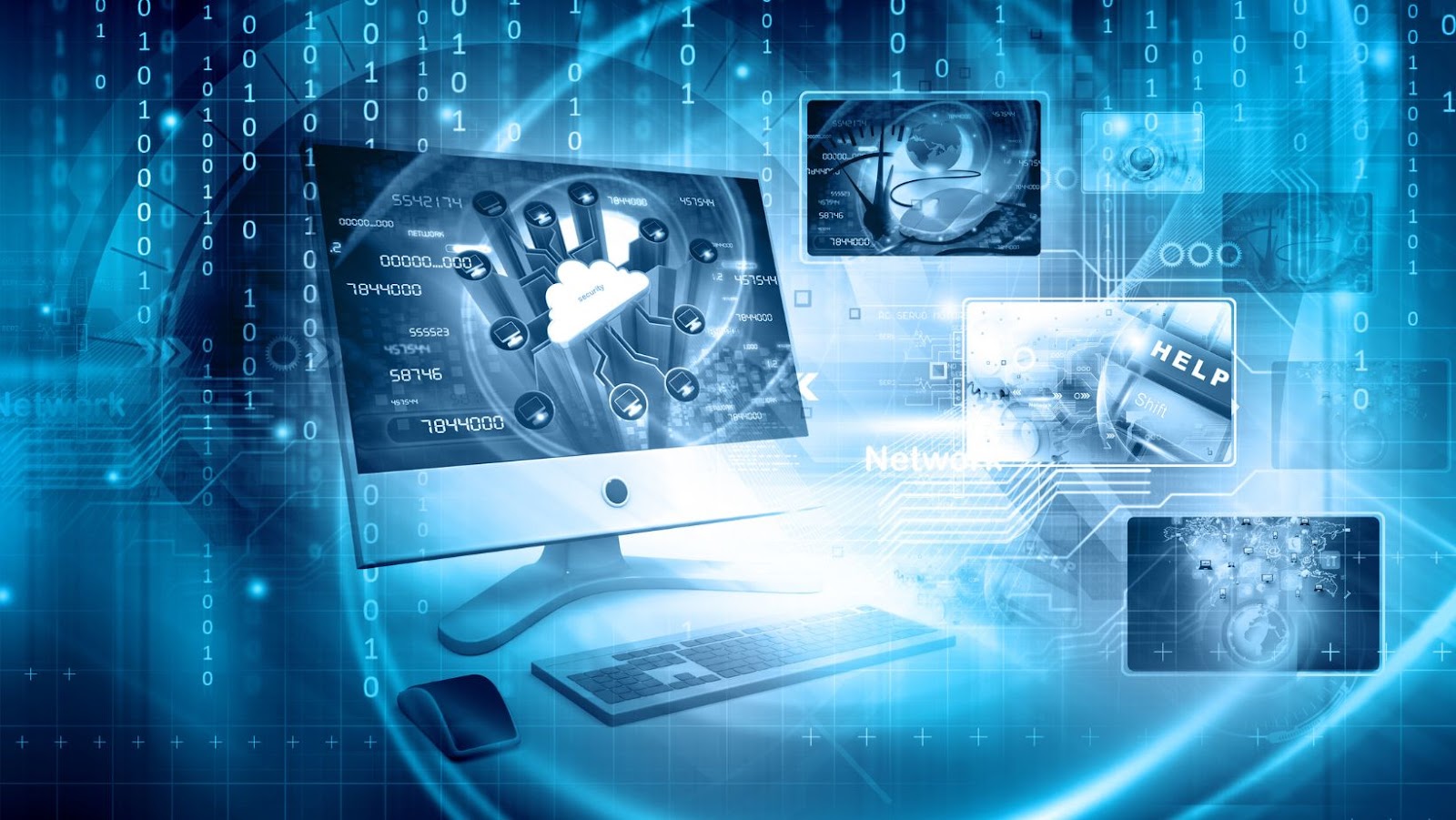 Technology in Daily Life Can Increase Productivity
Technology in Daily Life Can Increase Productivity
Technology reshapes daily routines and impacts productivity in significant ways. Smartphones streamline communication through instant messaging, video calls, and emails. These devices enable multitasking, letting individuals connect with colleagues or family while on the go.
Laptops and desktops are indispensable in modern work environments. They facilitate remote work, increasing flexibility and improving work-life balance. Productivity software, like Microsoft Office and Google Workspace, streamlines document creation, spreadsheet management, and presentations.
Automation has revolutionized home and office settings. Smart devices, like thermostats and lighting systems, enhance convenience by adjusting settings based on user preferences. In offices, automated workflows reduce manual errors and accelerate task completion.
AI and machine learning offer personalized experiences. Virtual assistants like Siri, Alexa, and Google Assistant help manage schedules, set reminders, and answer queries. These technologies minimize time spent on routine activities.
Wearable technology, such as smartwatches and fitness trackers, integrates seamlessly into daily life. They monitor physical activity, track health metrics, and provide timely notifications, helping users maintain a balanced lifestyle.
In education, e-learning platforms and digital tools support interactive learning experiences. Students access courses, submit assignments, and collaborate online, making education more accessible and adaptable.
The integration of technology into daily life enhances productivity and efficiency. These advancements improve task management, streamline communication, and support personalized experiences, ultimately transforming how people live and work.
 Benefits Of Using Technology For Productivity
Benefits Of Using Technology For Productivity
How Technology in Daily Life Can Increase Productivity? Integrating technology into daily life offers various advantages that elevate productivity. These benefits extend through multiple facets of daily activities. Technology streamlines daily tasks by automating routine processes. Smart home devices, such as robotic vacuum cleaners and automated lighting systems, reduce the time spent on household chores. Productivity apps, like task managers and calendars, help users organize their schedules efficiently by setting reminders and tracking progress. Each of these tools saves precious time, allowing individuals to focus on more important activities, both personally and professionally.
Enhanced communication tools improve productivity by facilitating instantaneous connections. Messaging applications and email platforms enable users to maintain continuous contact without waiting for traditional mail services. Video conferencing software like Zoom or Microsoft Teams supports remote collaboration, allowing teams to hold meetings and presentations from different locations. Individuals can multitask effectively, as these tools provide the flexibility to send, receive, and respond in real time.
Automating repetitive actions leads to significant time savings and error reduction. Automation software, such as IFTTT and Zapier, creates workflows that link different services to perform tasks automatically. Smart appliances, like programmable coffee makers and thermostats, handle routine functions without manual intervention. By delegating repetitive tasks to technology, individuals can allocate more time to creative and strategic endeavors.
Popular Productivity Tools And Apps
How Technology in Daily Life Can Increase Productivity? Technology enhances productivity in daily life through various tools and apps. These apps streamline tasks, manage time, and facilitate collaboration, significantly boosting efficiency. Time management solutions help individuals organize and prioritize their time effectively. Apps like Toggl and RescueTime track how time is spent on different activities and provide detailed reports. This data enables users to identify time wasters and focus on high-priority tasks. Additionally, Google Calendar and Microsoft Outlook offer calendar functions, reminders, and scheduling features, ensuring users never miss important deadlines.
Collaboration platforms enable seamless communication and teamwork. Slack and Microsoft Teams provide messaging, file sharing, and video conferencing, allowing teams to work together efficiently despite geographical distances. These tools support real-time collaboration, making remote work more manageable. Asana and Trello enhance project management by enabling task assignments, progress tracking, and timeline visualization.
Task management tools help users organize and prioritize their daily activities. Todoist and Microsoft To Do allow individuals to create task lists, set due dates, and categorize tasks. These tools support reminders and notifications, ensuring tasks are completed on time. Notion and Evernote offer note-taking and organizational features, allowing users to keep all information in one accessible place.
By integrating these productivity tools and apps, individuals can efficiently manage their time, collaborate with others, and stay on top of their tasks, leading to increased productivity in daily life.